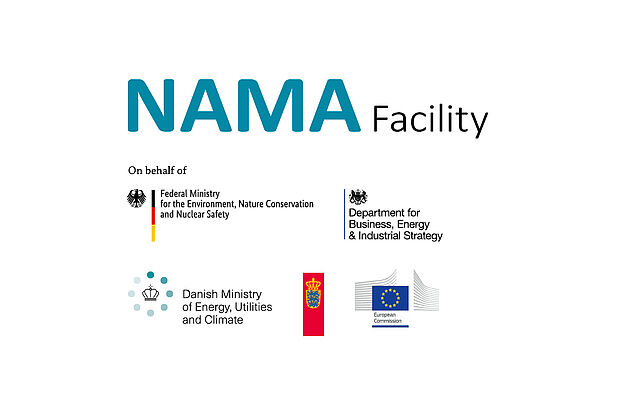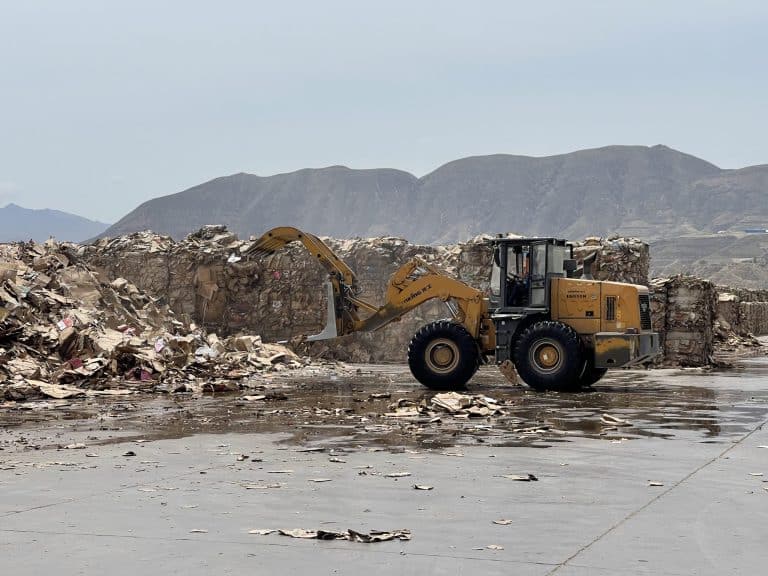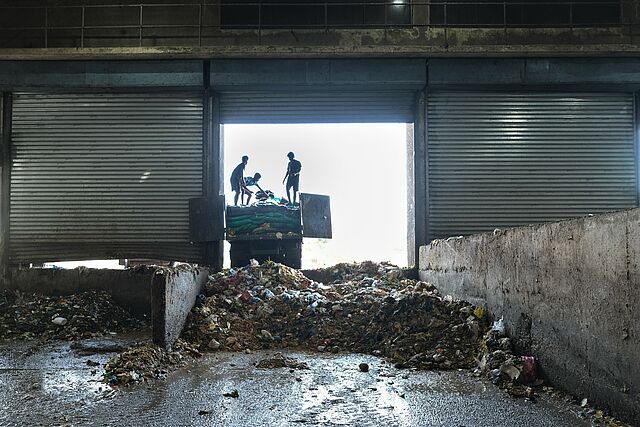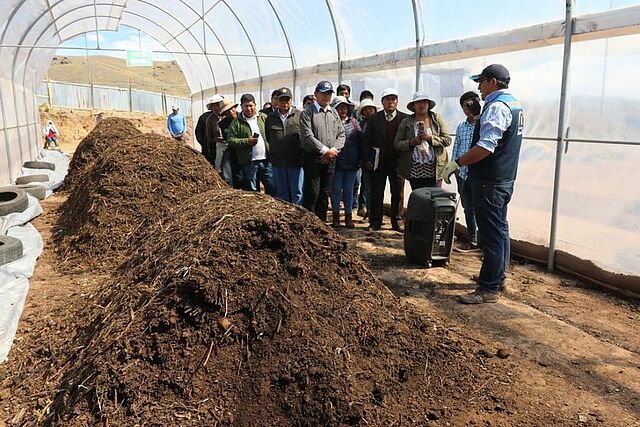
Background: In Mozambique, the number of people residing in urban areas has tremendously increased, from 3.3 million in 1990 to over 10 million in 2017 and continues growing. This rapid urbanisation, combined with increasing economic activity, has led to a substantial growth of waste volumes. It is estimated that Mozambique generates at least 4.2 million tons of waste per year. Reportedly, an estimated 40-60% of the waste is collected, although in practice, collection rates might be lower (20-30%). Over 98-99% of the collected waste is disposed of in uncontrolled dumpsites with the remaining 1-2% being reused/recycled through informal networks.
Approach to Transformational Change: The project “Programme for Sustainable Waste Management in Mozambique”, will support the government of Mozambique in addressing the challenges associated with municipal solid waste management (MSWM) through a comprehensive and ambitious intervention with the final aim of building a circular economy. To do so, the project will promote investments in Integrated Waste Treatment and Disposal Facilities (i.e. Material Recovery Facilities and sanitary landfills/composting facilities) in three municipalities.
The Financial Cooperation (FC) component of the project will consist of the following: 1) Public investment in waste infrastructure projects through public procurement; 2) Results-based Financing Grants (RBF Grant) based on the quantities of recyclable materials that are being recovered and recycled (only for Material Recovery Facilities). The project will provide technical assistance and capacity development support to the Ministry of Land and Environment (MTA) and the national Fund for Sustainable Development (FNDS) in order to create the necessary institutional and technical capacities. In addition, TA provided by Enabel will include project preparation activities, institutional capacity development at the municipal level and awareness raising.
The target group of the project will be municipal governments. In addition, the project will indirectly benefit an estimated 1,680 waste pickers, micro-entrepreneurs and members of associations and community-based organizations involved in recycling.
For the implementation of the project, three municipalities were pre-selected (Nampula, Nacala and Pemba) based on technical criteria related to the relative readiness of the municipalities in setting up the proposed waste treatment infrastructure and value chain activities.
It is expected that the initiative will be co-financed by the Mozambican government contributing MZN 700 million (approx. EUR 8 million) to the construction of MSWM infrastructure and will utilise incomes from the upcoming Environmental Tax on Packaging (ETP).
Mitigation potential: The project will result in 88,000 tCO2e of direct emission reductions and 55,000 tCO2e of indirect emission reductions during the implementation period. By 2030, the total (direct and indirect) emission reductions will have reached 519,000 tCO2e, which is approximately 50% of the NDC emission reduction target for the waste sector in Mozambique.




